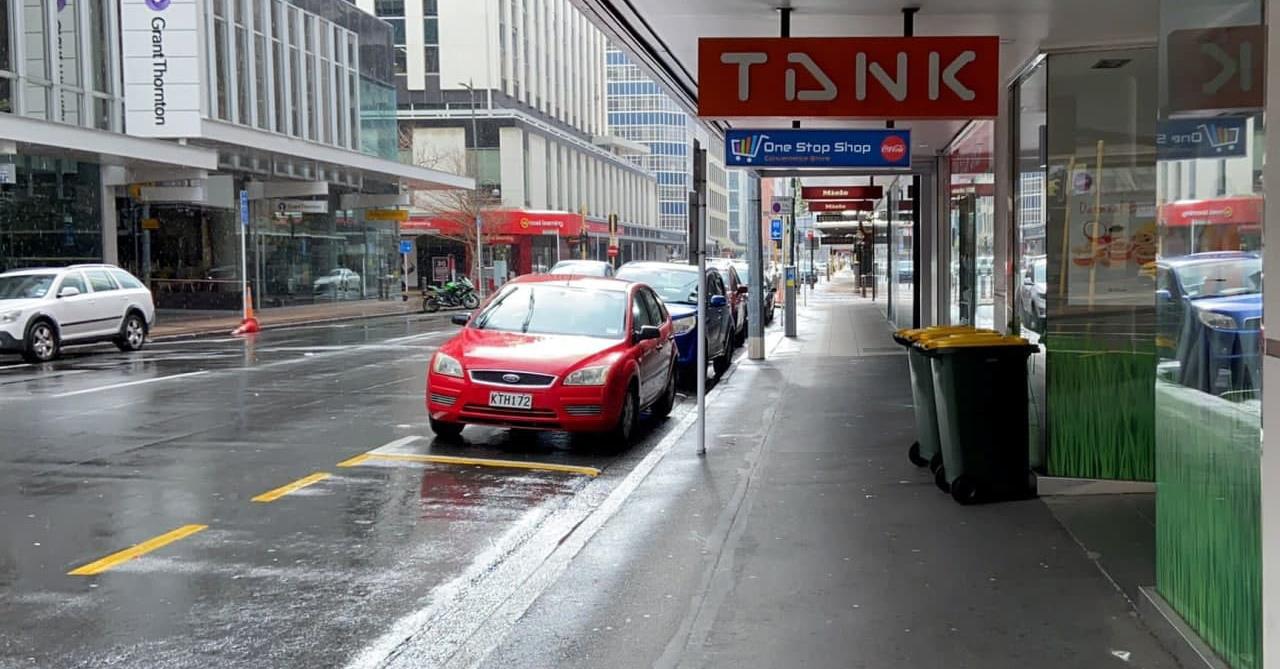WELLINGTON, Aug 19 (Reuters) - New Zealand's coronavirus cases jumped on Thursday (Aug 19), as questions grew about the government's response to the pandemic given the slowest vaccination rate among developed countries and the economic pressures of prolonged isolation.
Eleven new cases were reported on Thursday, taking the total to 21 in the latest outbreak that ended the country's six-month virus-free run.
Prime Minister Jacinda Ardern said, however, that the virus has not been in the community for long as authorities had linked its origin to a recent returnee from Sydney on Aug 7.
"This is a significant development. It means now we can be fairly certain how and when the virus entered the country," Ardern said at a news conference.
"And the period in which cases were in the community were relatively short."
New Zealanders had been living without curbs until Ardern ordered a snap three-day nationwide lockdown on Tuesday after a new case was found in the largest city Auckland, the first in the country since February.
Ardern, who shut the country's borders in March 2020, had announced plans for a gradual reopening this month amid pressure from businesses and public sectors facing a worker shortage that policymakers fear will fuel inflation.
But the new cases, though still relatively small in number, may delay those plans and have caused significant concerns in the nation that has struggled to get its population vaccinated.
Only about 23 per cent of its 5 million people have been fully vaccinated so far, the lowest rate among the 38 members of the Organisation for Economic Co-operation and Development (OECD).
"It's no longer clear Jacinda Ardern's strategy is the right one," read one opinion piece in the New Zealand Herald.
Others questioned the viability of Ardern's "stamp it out" or "zero COVID" strategy as the world grapples with the highly contagious Delta variant.
Opposition National Party leader Judith Collins labelled the vaccination rollout as a "failure", saying the country had no choice but to go into lockdown as most people were still exposed.
Apart from some anti-lockdown protests, however, New Zealanders mostly followed rules and stayed at home this week. The government warned not doing so will result in chaos, as seen in neighbouring Australia.
"We have seen the dire consequences of taking too long to act in other countries, not least our neighbours," Ardern said, when questioned about the lockdown.
"We have seen what can happen elsewhere if we fail to get on top of it. We only get one chance,” she said.
Australia, whose vaccine rollout was also behind most countries, began doling out emergency COVID-19 vaccine supplies in Sydney as the country reported its biggest one-day rise in infections.





